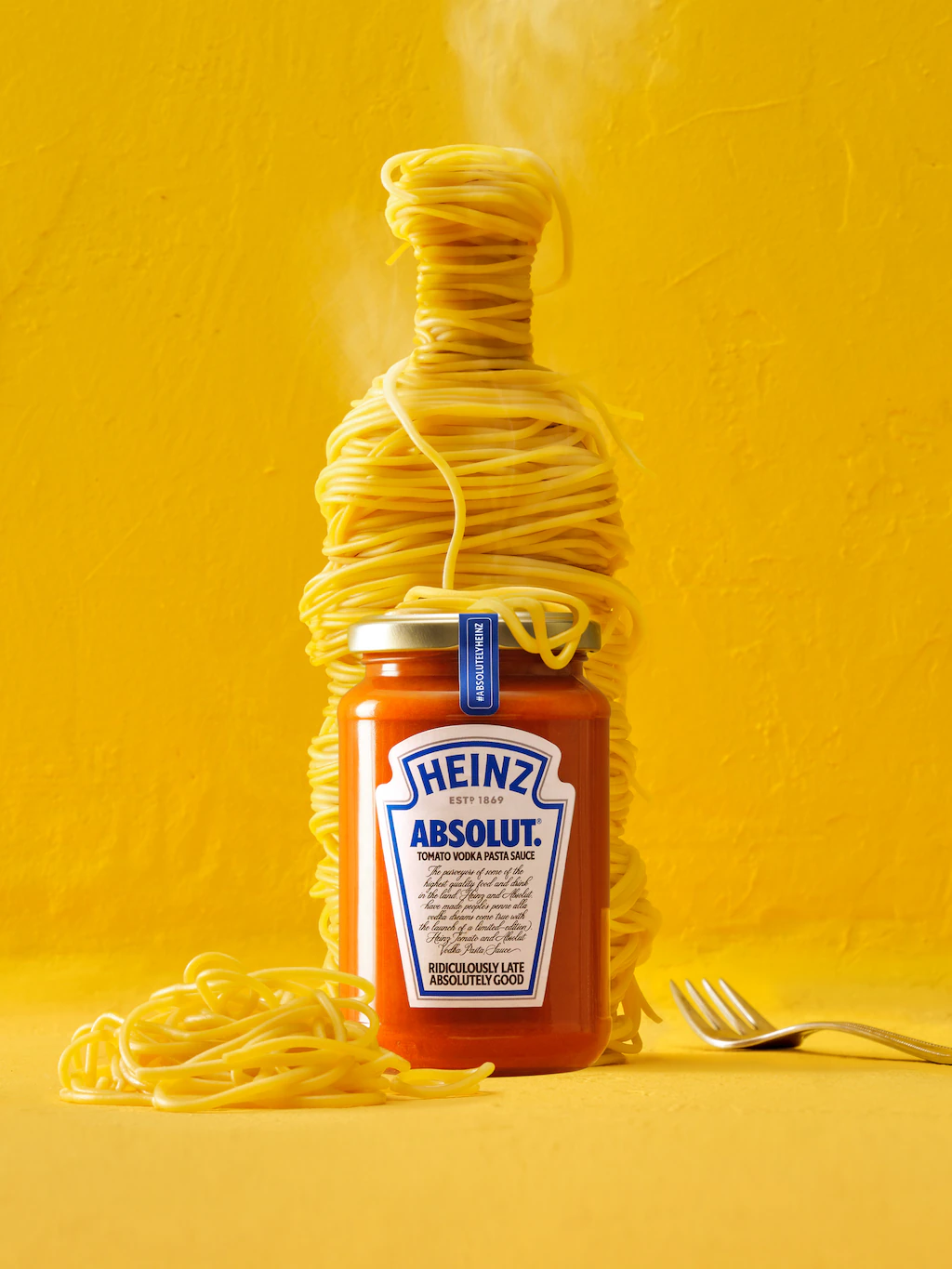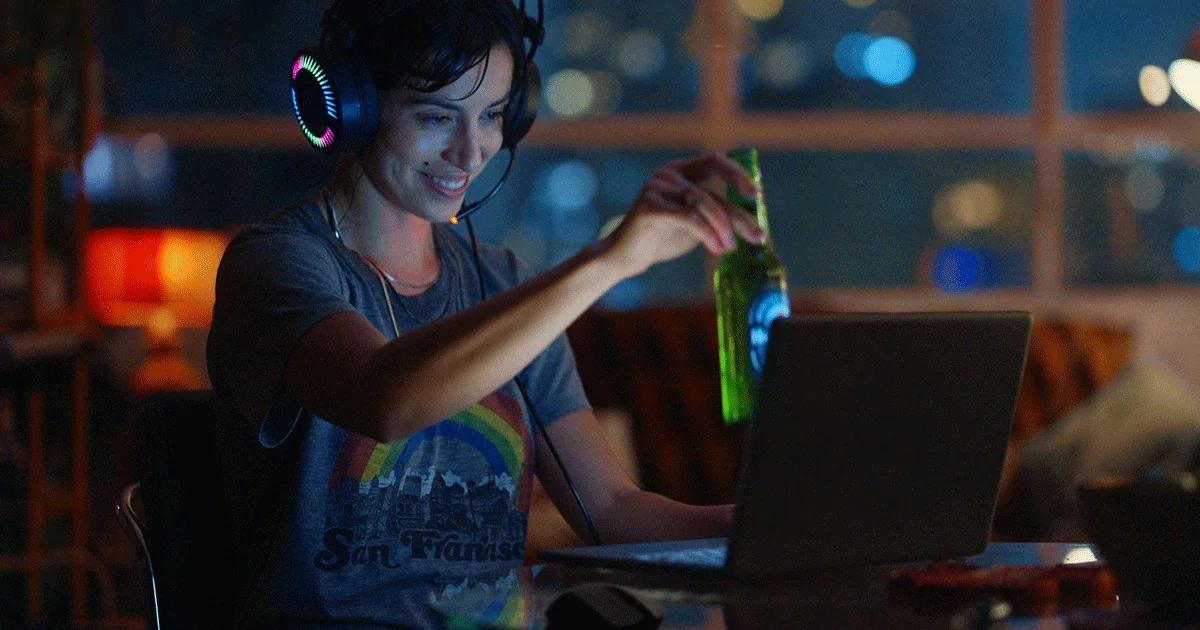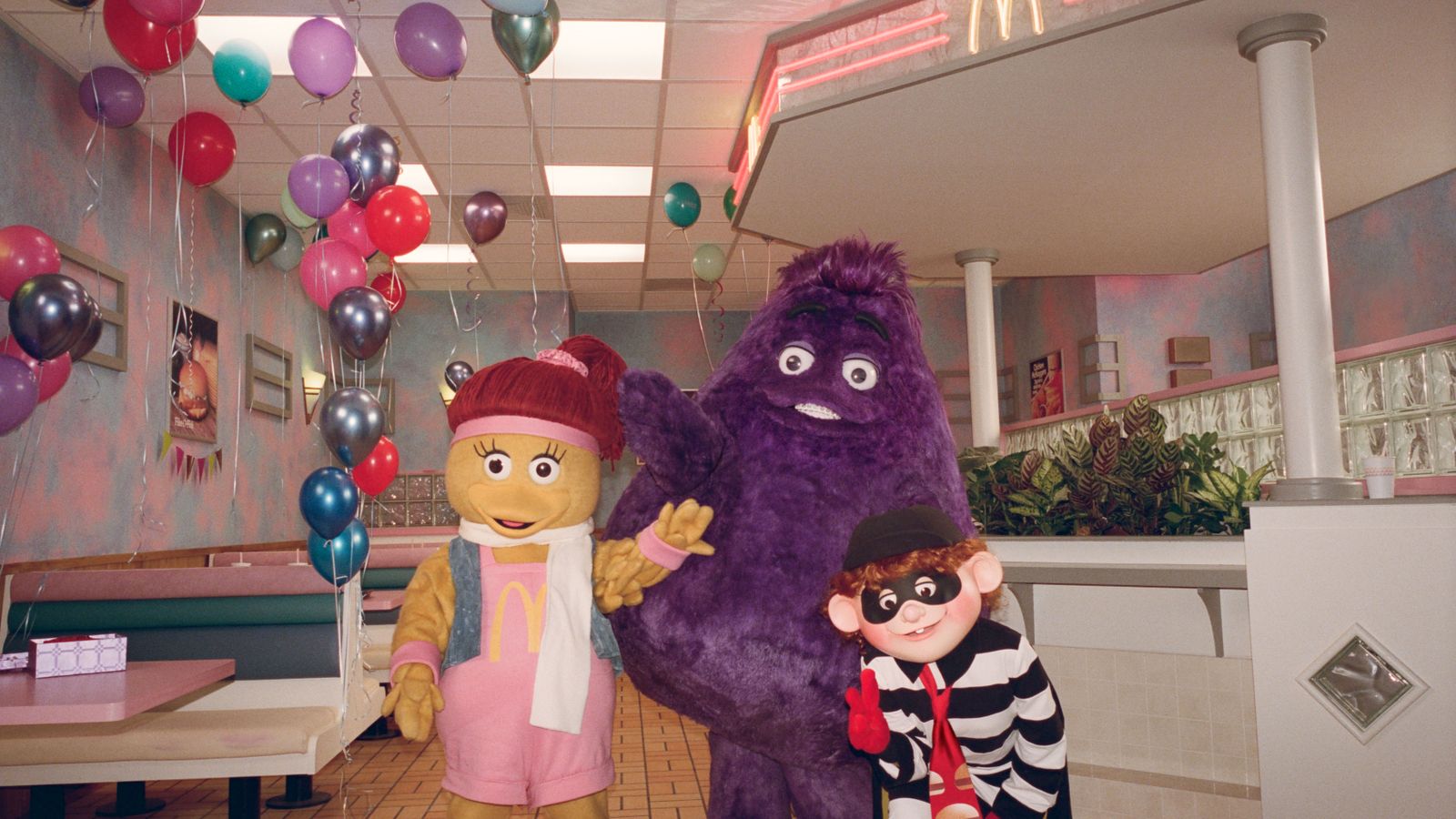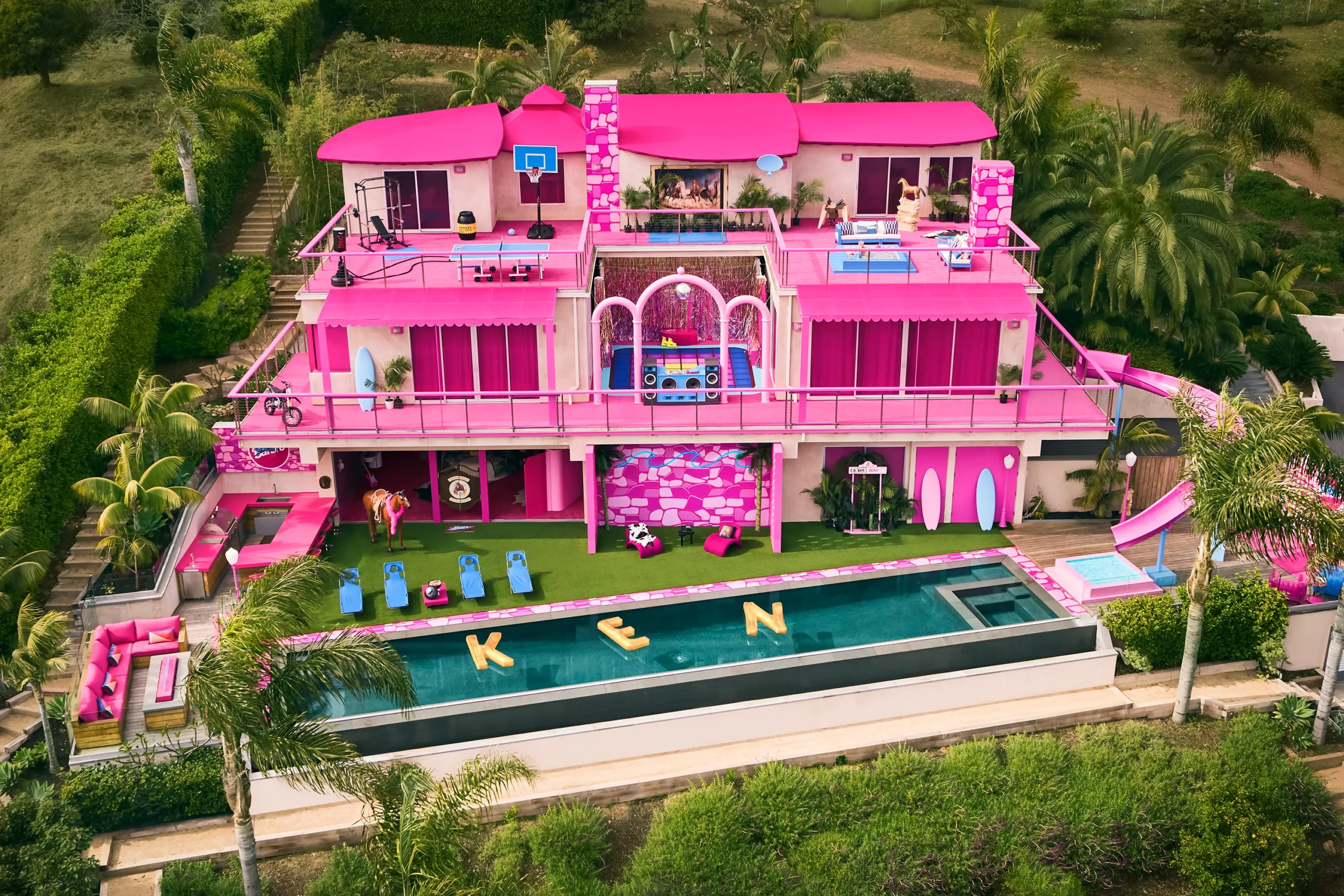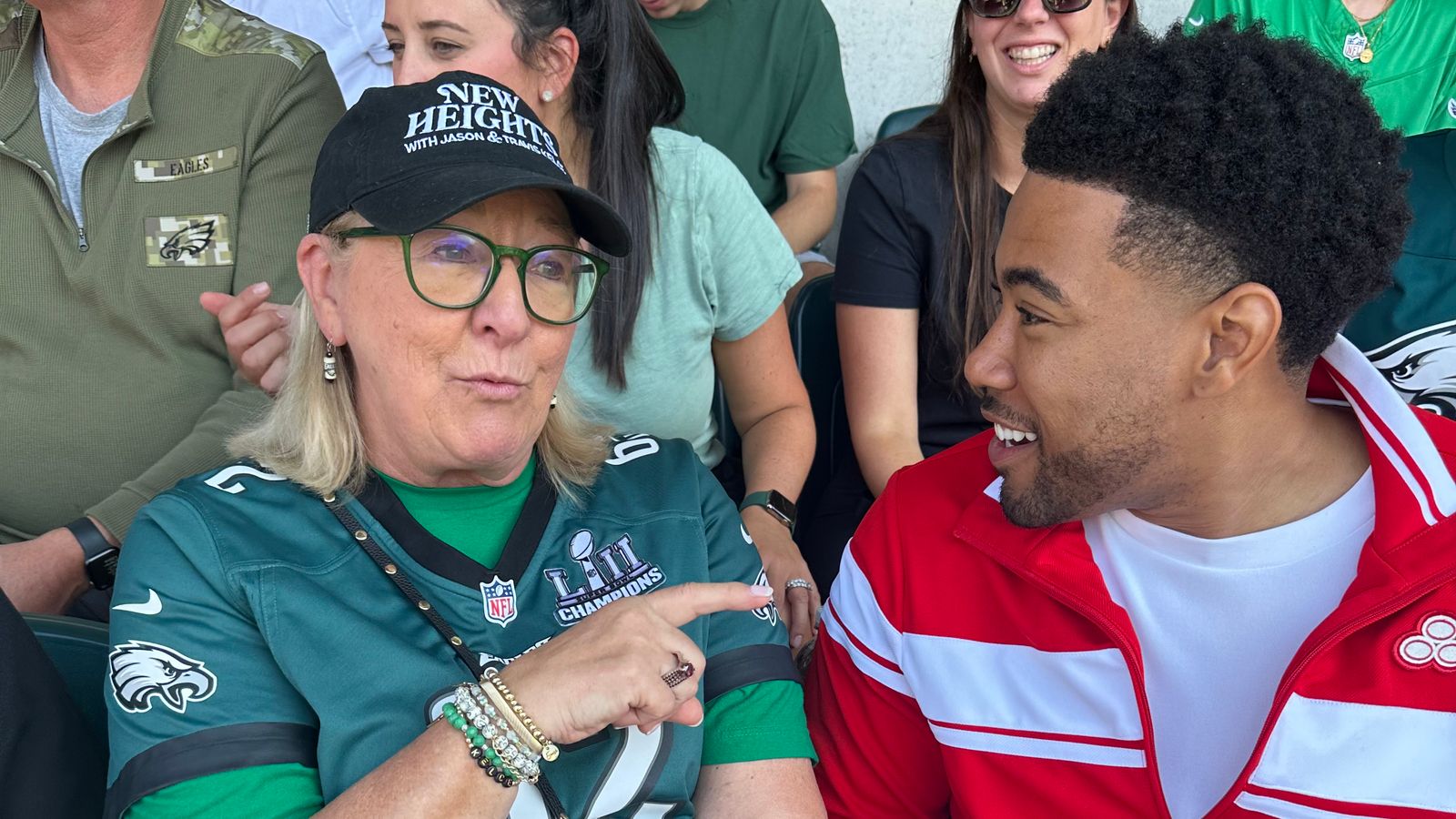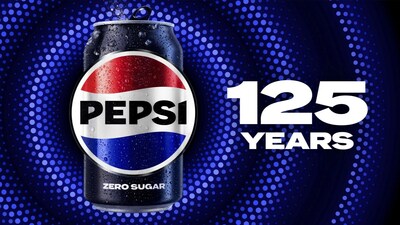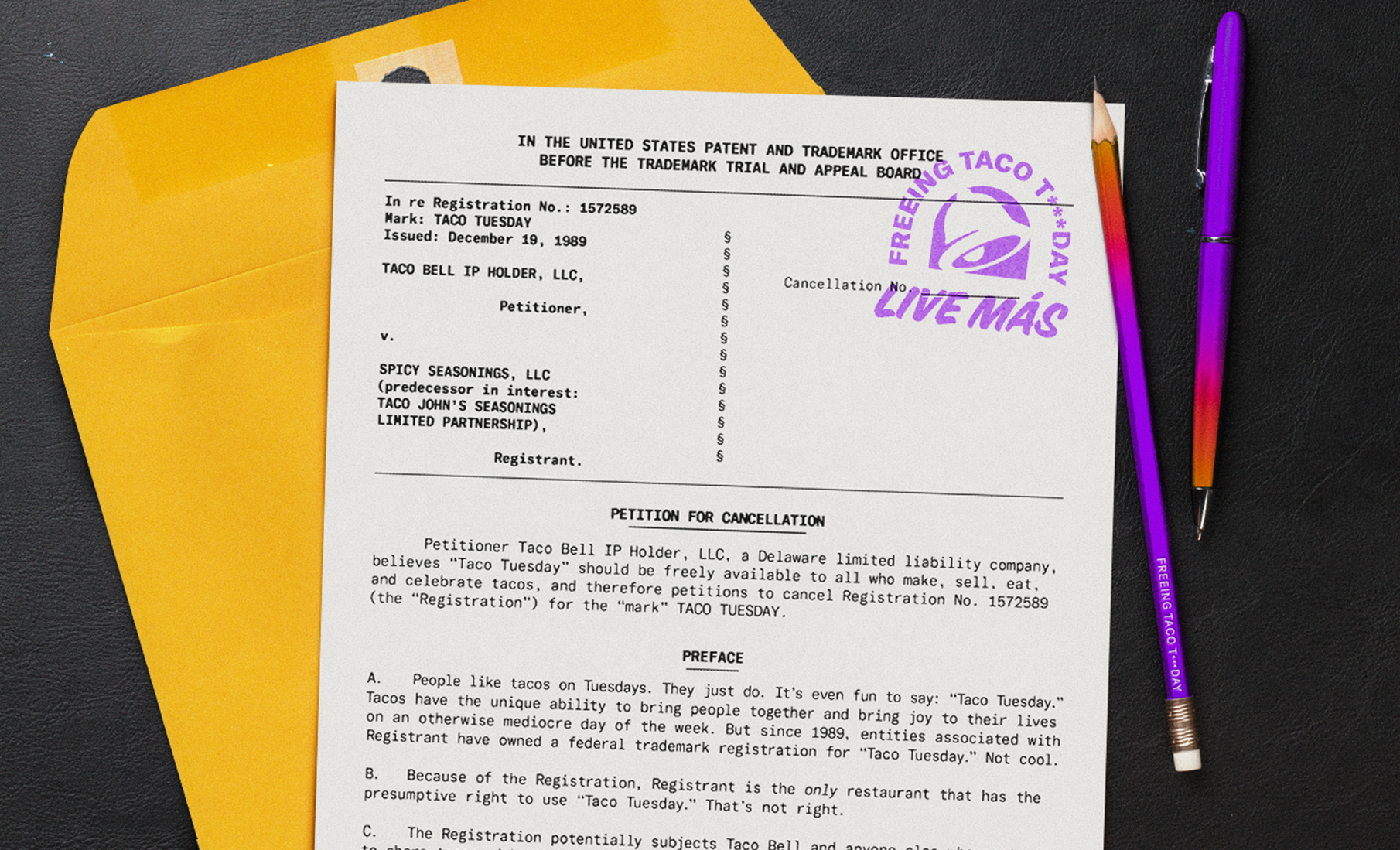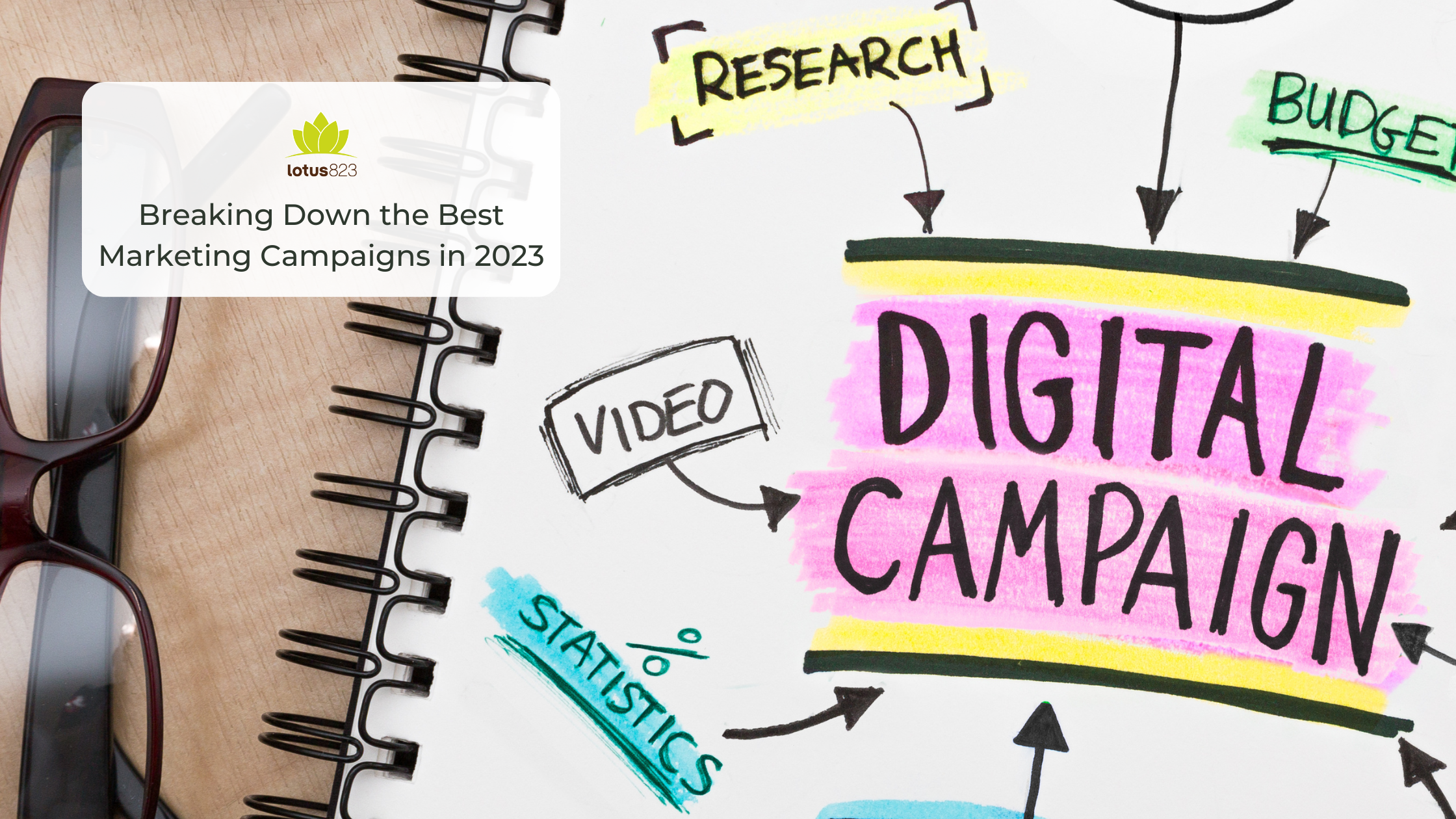
This year, we witnessed a surge of innovative and impactful campaigns that captivated audiences worldwide. From unexpected collaborations to cutting-edge AI integration, brands demonstrated their prowess in connecting with consumers on a deeper level. Let’s unravel the brilliance behind the top 10 marketing campaigns that left their mark on the industry in 2023!
Heinz and Absolut: A Flavorful Fusion
Heinz and Absolut’s collaboration on a limited-edition ketchup and vodka product proved to be a market sensation, defying expectations and capturing consumer attention. The campaign strategically tapped into nostalgia and emotional connections with both brands, showcasing the power of cross-industry collaborations to generate buzz among diverse audiences. The surprising combination of ketchup and vodka sparked curiosity and novelty, driving consumer interest.
Additionally, Kraft Heinz’s ‘It has to be Heinz’ global brand platform, developed with Wieden+Kennedy, successfully portrayed consumer dedication to Heinz products through humor. This initiative achieved significant success with over 12 billion global impressions, surpassing industry benchmarks for sentiment and engagement rates. The campaign demonstrated Kraft Heinz’s commitment to innovation and relevance, positioning the brand as forward-thinking. Heinz and Absolut’s collaboration set a new standard for cross-industry partnerships, emphasizing the impact of unexpected collaborations on global audiences.
Dove: Redefining Beauty Standards, Again
In 2023, Dove continued its longstanding commitment to championing inclusivity with a bold campaign celebrating the real beauty of women from diverse backgrounds. The initiative, titled “Redefining Beauty Standards with Authenticity,” reflects Dove’s dedication to authenticity and inclusivity, resonating with socially conscious consumers. This campaign is part of Dove’s broader legacy, which began with the groundbreaking 2004 “Campaign for Real Beauty,” aiming to celebrate diversity and challenge traditional beauty norms. Despite initial criticism, Dove’s positive impact on reshaping societal perceptions of beauty has endured.
The evolution of the campaign includes the 2013 “Real Beauty Sketches,” showcasing how women perceive themselves and how others see them. Viral successes like the “Real Beauty Bottles” and the “Dove Self-Esteem Project” further illustrate Dove’s commitment to empowering women and fostering confidence. The Real Beauty campaign has not only influenced the beauty industry but has also sparked conversations around self-esteem, mental health, and positive body image. Dove’s enduring commitment positions it as a trailblazer, setting an example for other brands to follow and contributing to the ongoing redefinition of beauty standards for a more inclusive future.
Heineken: Gaming into the Future
Heineken entered Brazil’s gaming community with a strategic campaign seamlessly blending social gaming and brand messaging. The “Not All Nights Out Are Out” initiative challenged stereotypes about gamers being antisocial by emphasizing gaming as a social interaction tool. Heineken introduced the Beer Matchmaking platform, addressing common gamer challenges by connecting players based on skill level, availability, and favorite games. Collectible editions of Heineken packaging, inspired by various game types, featured QR codes directing consumers to the matchmaking service.
The Beer Matchmaking platform, inspired by dating app dynamics, matches gamers with similar interests for popular games like Fortnite, Destiny 2, and FIFA 23. This move aligns with the trend of brands leveraging dating app concepts for consumer engagement. Recognizing gaming’s significance in connecting with Gen Z consumers, the campaign supports the “Not All Nights Out Are Out” theme through various channels, including discount codes, films, posts, and content creators. The initiative also serves as a launchpad for Heineken 0.0, the brand’s non-alcoholic beer, with immersive experiences like the Heineken 0.0 Ice Bar in São Paulo, inspired by the game Valorant.
Coca-Cola’s “Create Real Magic” with Generative AI
Coca-Cola revolutionized its marketing campaign by integrating generative AI in the “Create Real Magic” platform. Using OpenAI’s GPT-4 and DALL-E tools, the initiative invited artists and consumers to collaboratively generate original ads, showcasing the potential of AI-driven creativity. This groundbreaking moves not only engaged the tech-savvy Gen Z audience but also positioned Coca-Cola as an innovative marketing leader.
The commitment to experimentation extended beyond traditional marketing, with the platform featured at music festivals, taking over the Las Vegas Sphere, and contributing to the creation of a new beverage. Coca-Cola’s early adoption of generative AI reflects its dedication to innovation, amplifying brand visibility and establishing the company as a pioneer in the marketing realm. This successful incorporation of AI sets a precedent for other brands, signaling a potential trend in the adoption of generative AI in marketing strategies.
McDonald’s Nostalgia Trip with Grimace
McDonald’s capitalized on nostalgia with a successful summer promotion celebrating Grimace’s presumed 52nd birthday. The multichannel campaign, including ads, an 8-bit video game, merchandise, and a limited-edition purple shake, authentically resonated with consumers, garnering over 3 billion TikTok views. Despite Grimace’s physical absence, the campaign strategically used the purple color and sweet shake to evoke the mascot’s presence, tapping into McDonald’s nostalgic iconography. Social media excitement, including TikTok videos, showcased the campaign’s success in connecting authentically with audiences and turning consumers into unpaid micro-influencers.
The nostalgic approach not only engaged older generations but also effectively created connections with younger audiences unfamiliar with Grimace and McDonald’s mascots. McDonald’s demonstrated its ability to drive social conversation, sales, and emotional connections by leveraging vintage characters for contemporary marketing success.
Mattel’s “Barbie” Movie Sensation
The collaboration between Mattel and Warner Bros. for the “Barbie” movie in 2023 proved to be a global success, generating $1.36 billion at the box office, and boosting toy sales by 25%. The marketing strategy, centered around pink and strategic collaborations with brands like Crocs and Airbnb’s Malibu Dreamhouse, created unprecedented anticipation for the movie.
The campaign also included partnerships with Bumble and a Barbie selfie generator, showcasing the power of well-executed marketing in shaping a positive brand perception and fostering audience engagement. The Barbie movie’s record-breaking global sales highlighted the immense impact of the comprehensive marketing strategy, turning Barbie into a cultural phenomenon associated with empowerment, inclusivity, and fun. The success in 2023 underscored the effectiveness of strategic marketing efforts in creating a lasting and positive impact on both the brand and audience perception.
State Farm’s Red Era: A Winning Collaboration
State Farm achieved marketing success through an unexpected collaboration between Kansas City Chiefs’ Travis Kelce, Taylor Swift, and State Farm’s mascot Jake and Donna in the “Red Era” campaign. This unique partnership surpassed the impact of traditional advertisements, leading to a significant increase in online searches for State Farm.
The success of the campaign highlighted the effectiveness of creating unexpected moments in marketing and demonstrated the power of innovative and unconventional approaches to drive engagement and brand visibility.
Dunkin’ Builds Brand with Ben Affleck and Ice Spice
Dunkin’ strategically built its brand by capitalizing on the authenticity of its brand ambassador, Ben Affleck. The campaign, featuring a Super Bowl ad directed by Affleck, emphasized the genuine connection between him and Dunkin’. The partnership extended to a clever spot with Matt Damon and included a collaboration with rapper Ice Spice for a limited-time drink to engage younger consumers.
This multifaceted approach showcased Dunkin’s ability to connect with a diverse audience through humor, authenticity, and strategic partnerships, demonstrating the brand’s versatility in reaching different consumer segments while maintaining an authentic and relatable image.
Pepsi’s Visual Overhaul and 125th Anniversary Blitz
Pepsi celebrated its 125th anniversary with a total design overhaul, embracing disruption and maintaining its brand appeal. The 125-day marketing blitz, featuring traditional spots, social content, and experiential concepts, resonated well with consumers, marking a successful rebranding effort. Pepsi recently underwent a comprehensive redesign, marking its first in 14 years, in celebration of its 125th anniversary.
The rebranding aimed to infuse a fresh and vibrant look while emphasizing disruption and retaining the brand’s appeal. The 125-day marketing campaign included a mix of traditional advertising, social media content, SMS promotions, and experiential concepts such as the Pepsi 125 Diner. By blending nostalgia and a celebration of its history, Pepsi successfully connected with consumers across diverse demographics, enhancing the brand’s overall appeal.
Taco Bell Liberates Taco Tuesday
Taco Bell successfully liberated the trademarked phrase “Taco Tuesday” after winning a dispute with Taco John’s. The brand celebrated this victory by partnering with DoorDash to give away $5 million in free taco orders. This marketing move showcased Taco Bell’s adeptness at leveraging cultural moments, reinforcing its robust position in the quick-service restaurant industry. The article highlights Taco Bell’s strategic approach, from the legal petition to the charitable angle, and acknowledges the brand’s effective utilization of cultural events for marketing success.
The top marketing campaigns of 2023 showcased the industry’s dynamism and the ability of brands to innovate, connect, and resonate with diverse audiences. These campaigns set the bar high, inspiring marketers to push boundaries and create unforgettable experiences. As we move forward, these strategies serve as a testament to the ever-evolving nature of successful marketing in the digital age.


